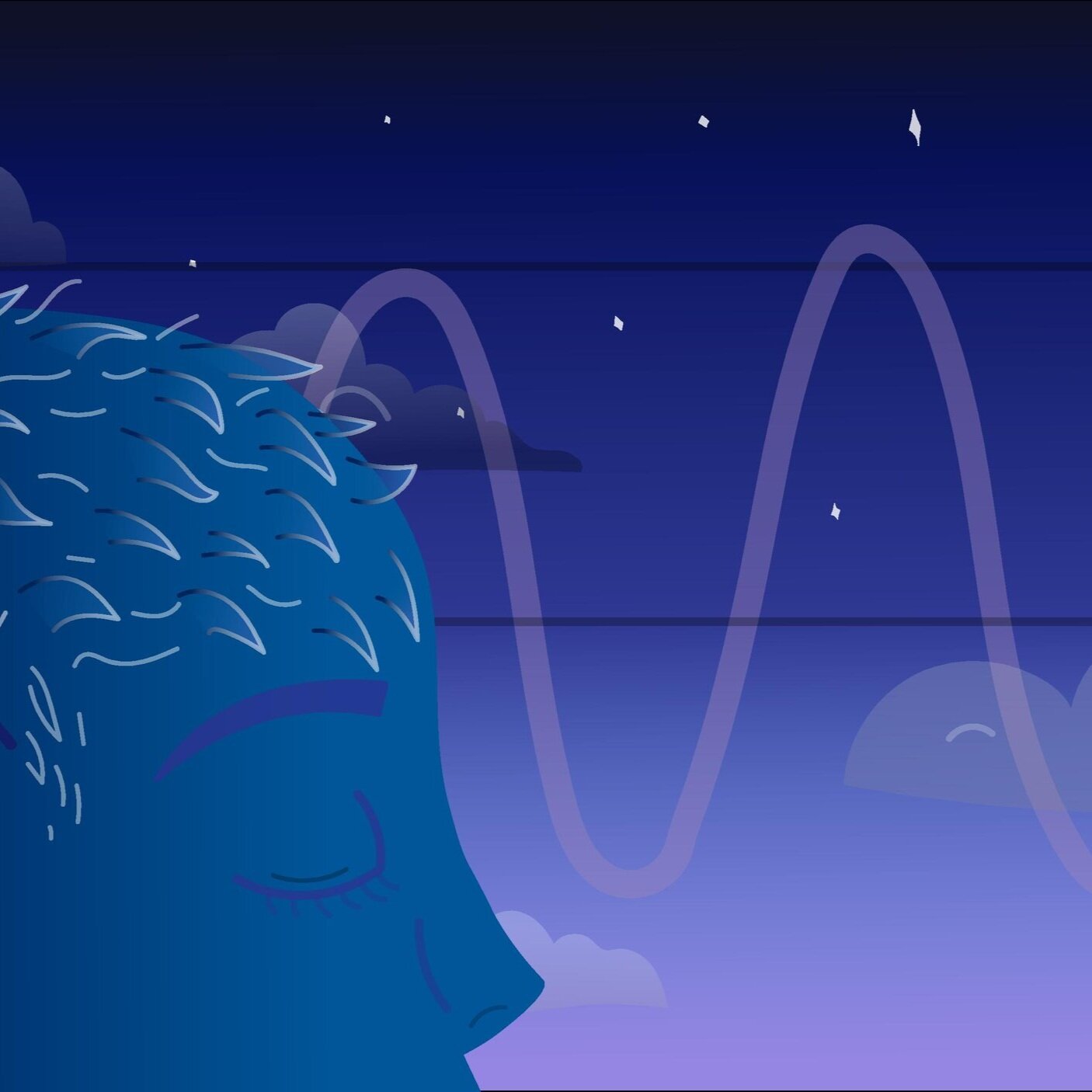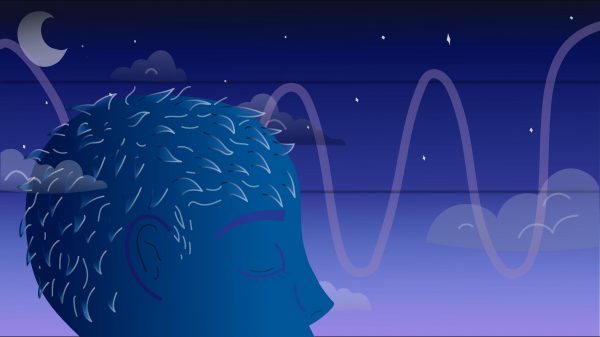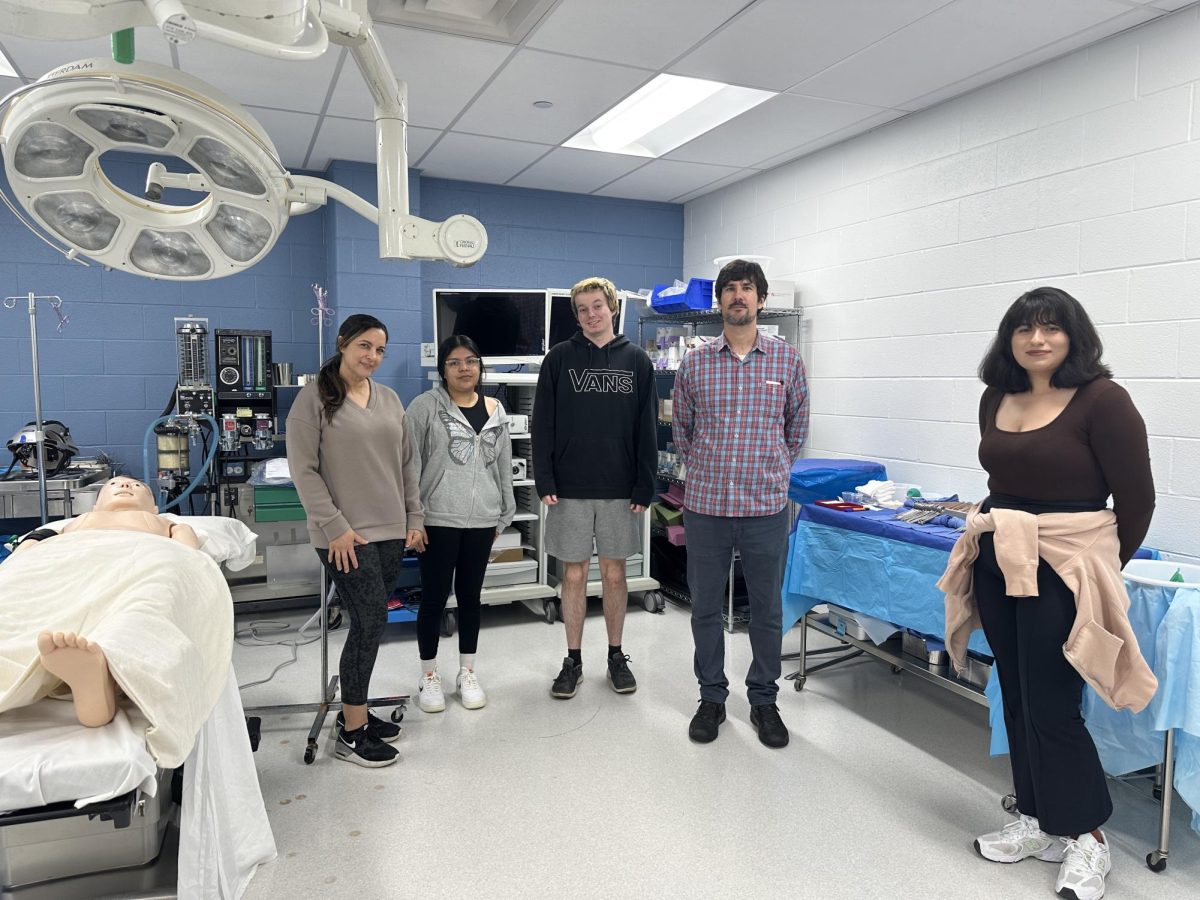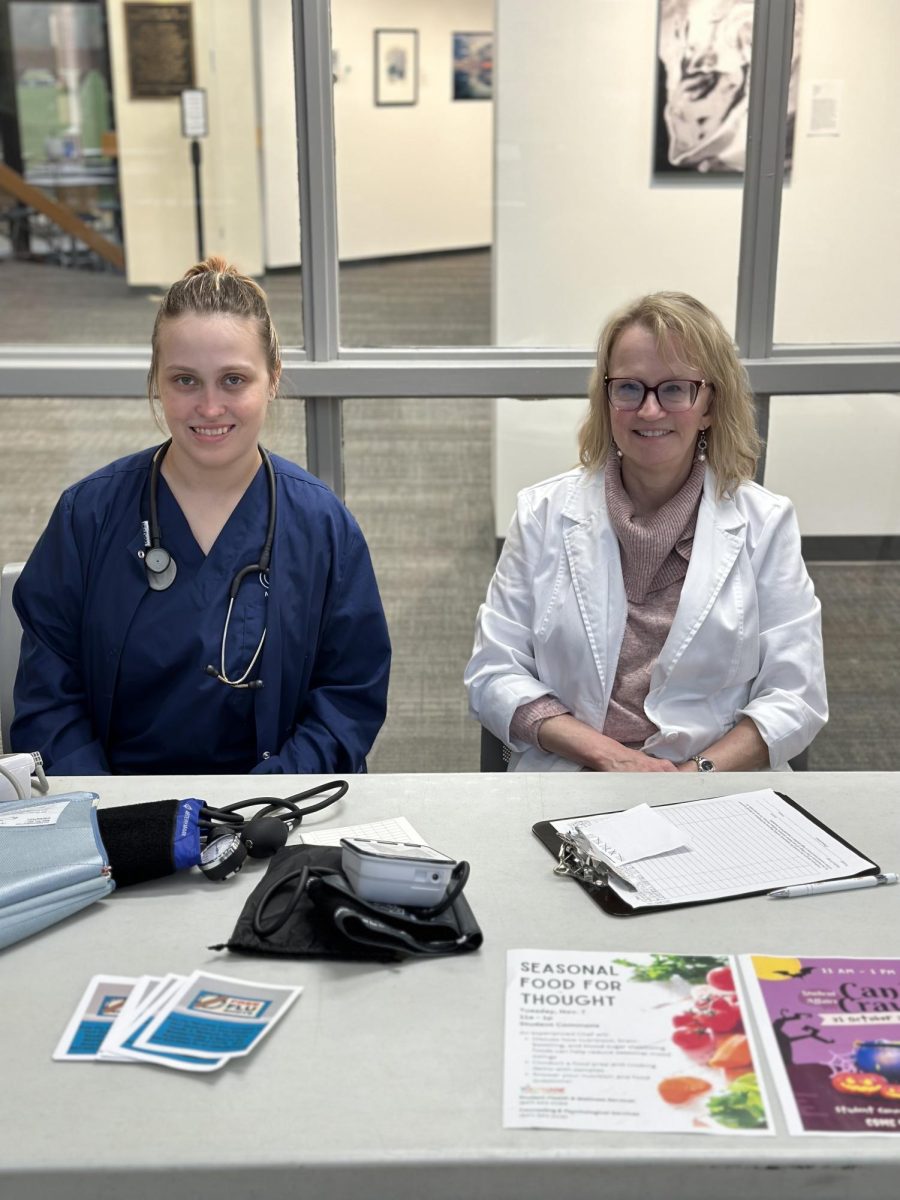A good night’s rest is of immense importance to a person’s well-being.
According to the National Center for Biotechnology Information, sleep activates anabolism – the process of formation of new high-molecular compounds synthesized most of the hormones, muscle fibers, and even young cells.
Sleep has its own structure and consists of two stages: non-rapid eye movement and rapid-eye-movement, which cycle through each other.
For some time, it was thought that the worst effect on the body is the deprivation of REM sleep, but through research, scientists have refuted this and proved that the crucial point is the continuity of sleep and the standard ratio between its phases.
According to John Hopkins Medicine, sleep is the most critical state of brain activity, a source of well-being and preservation of mental and physical health.
In the modern world, many people, including students, view sleep as a luxury, and it is a misconception that the benefits of sleep restriction or lack of sleep outweigh the costs.
According to a College of Lake County student, sleep is a key to happiness.
“I can’t lie,” Jaselyn Gallegos said. “I love my sleep, and I am much happier when I get eight hours. As a full-time student, I am sleep deprived due to the overload of constant stress and pressure I am always under. When school is in session, I personally average five to six hours of sleep per night. Studies have shown that sleep deprivation can be problematic to college students because of the side effects, which are the inability to focus and memorize material presented to you. I am constantly thinking about how tired I am when I have sleepless nights.”
Students’ state of health is aggravated by a strenuous educational activity, reduced motor activity, violation of the rest, nutrition, and sleep regime.
This phenomenon undoubtedly adversely affects the quality of life of a significant number of students.
Graphic by Easton Herbon
In various studies, it was found that after a full sleep, students ‘ learning abilities improved, they coped more effectively with mathematical problems, learned foreign languages more successfully, and absorbed the material passed the day before better.
People often overlook the potential health consequences associated with sleep deprivation and what health problems may be waiting for them.
Reducing sleep by just two or three hours a night can have adverse health effects, increasing the risk of developing a number of diseases.
If sleep duration is insufficient, the person’s performance decreases, and the risk of developing various diseases increases.
As stated by NCBI, clinical studies have shown a relationship between cardiovascular disease and sleep duration.
Lack of sleep ultimately affects a person’s life expectancy.
Sleep is essential to our overall health. During sleep, several important hormones are produced, tissues are regenerated, and physical strength is replenished.
Sleep restores energy, fights diseases and fatigue, strengthens our immune system, helps us think more clearly and creatively, strengthens our memory, and creates a more positive mood and higher productivity throughout the day.
Sleep is not just a passive activity to fill in the time when we are not active, but rather a vibrant and dynamic process that is vital for typical motor and cognitive functions of the body.








